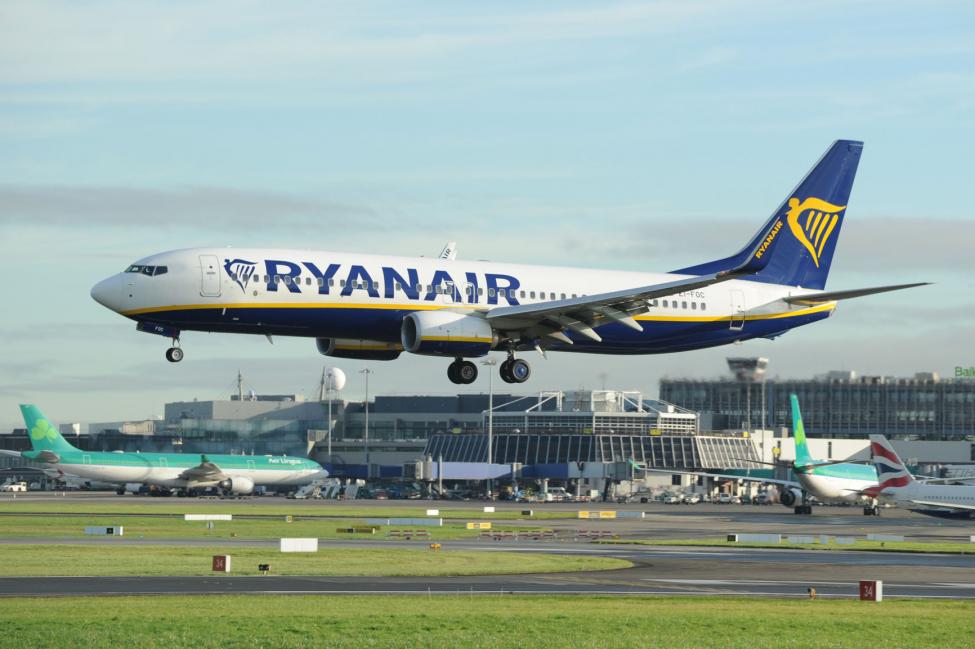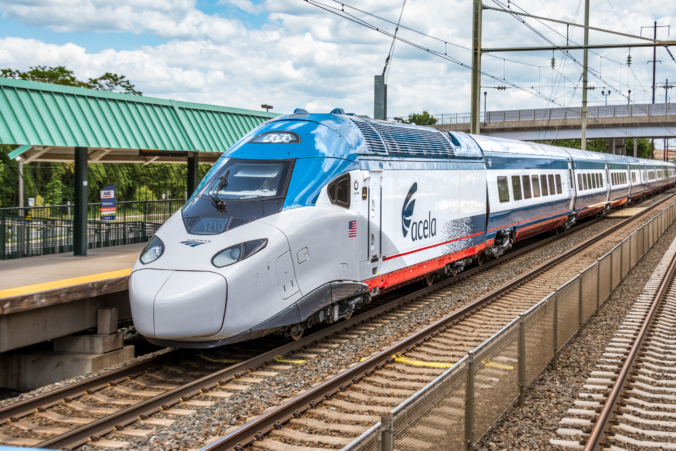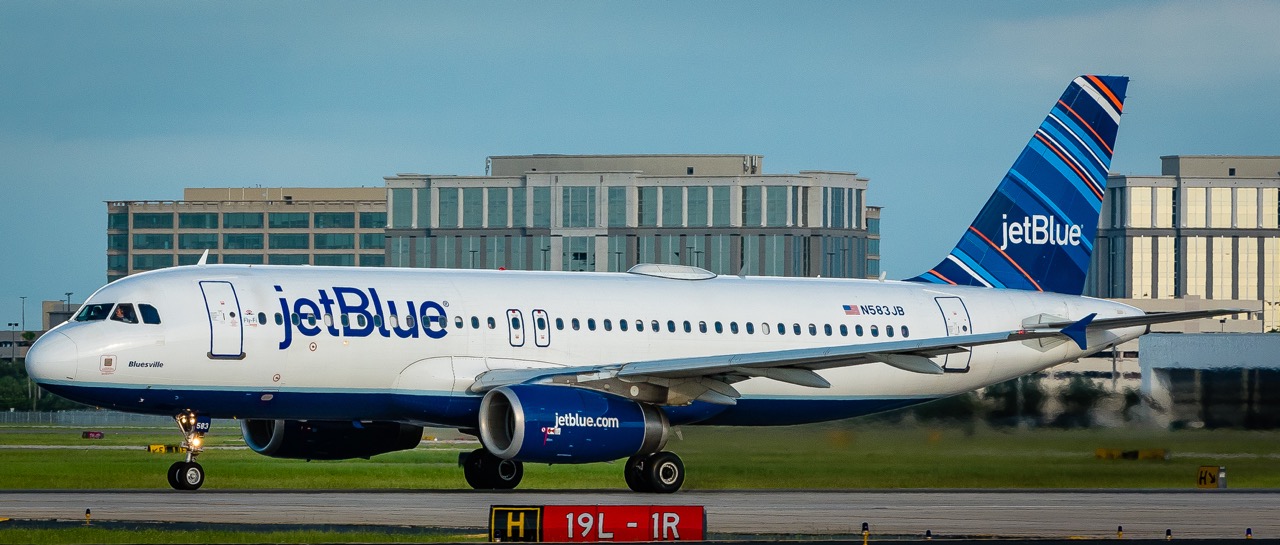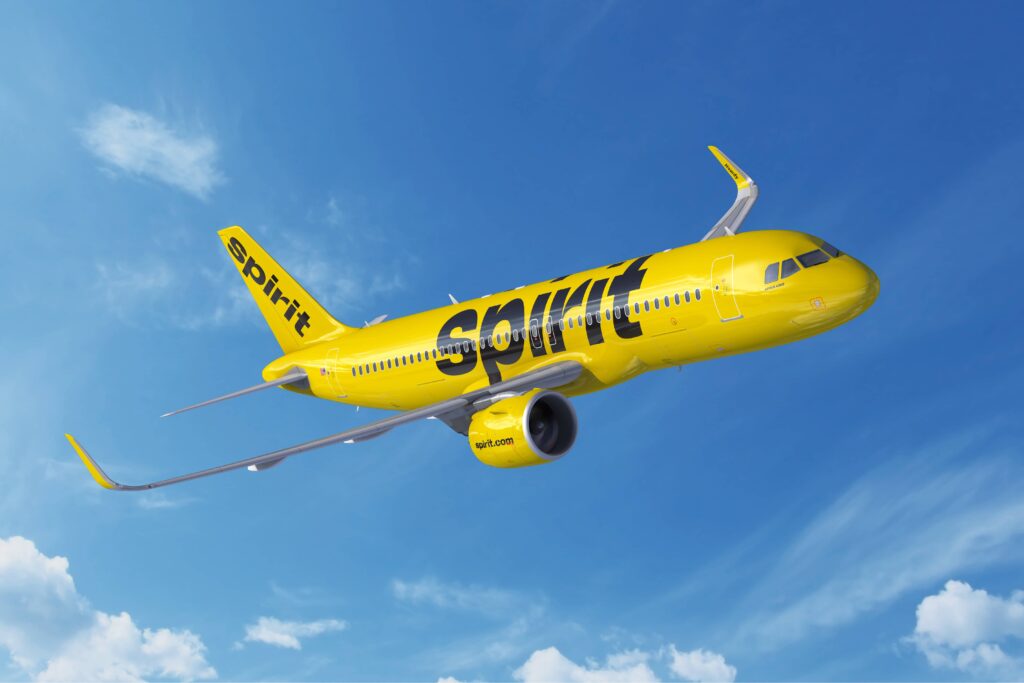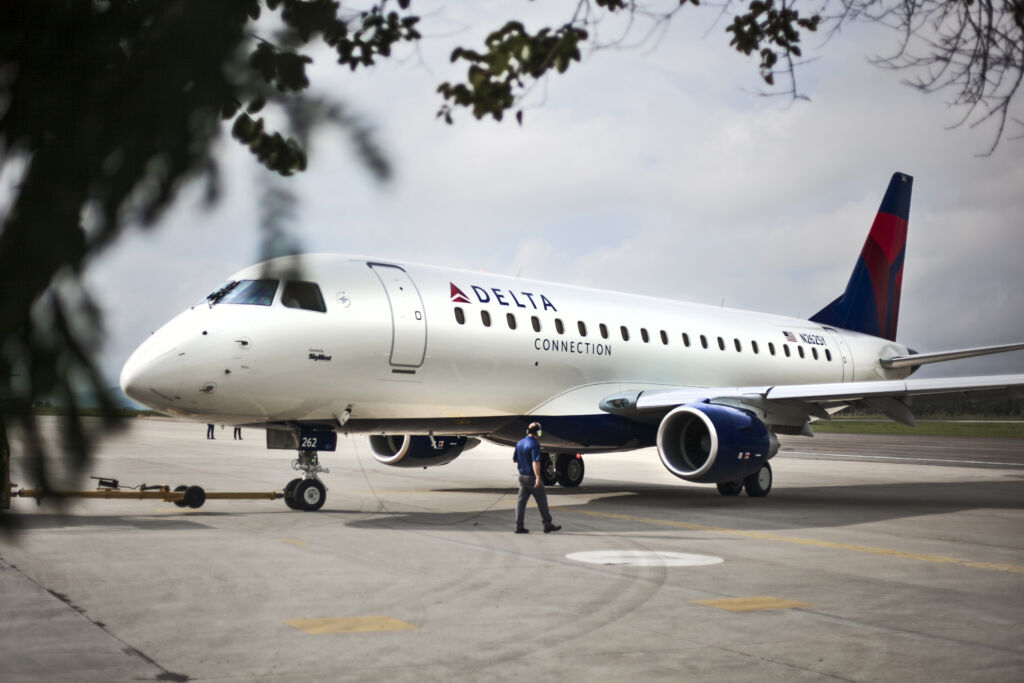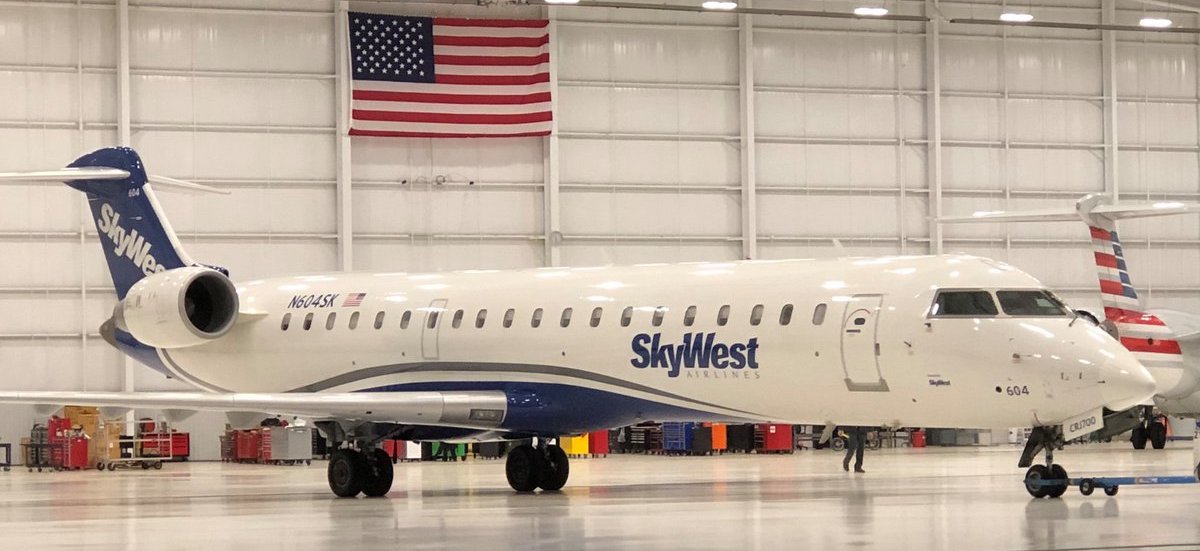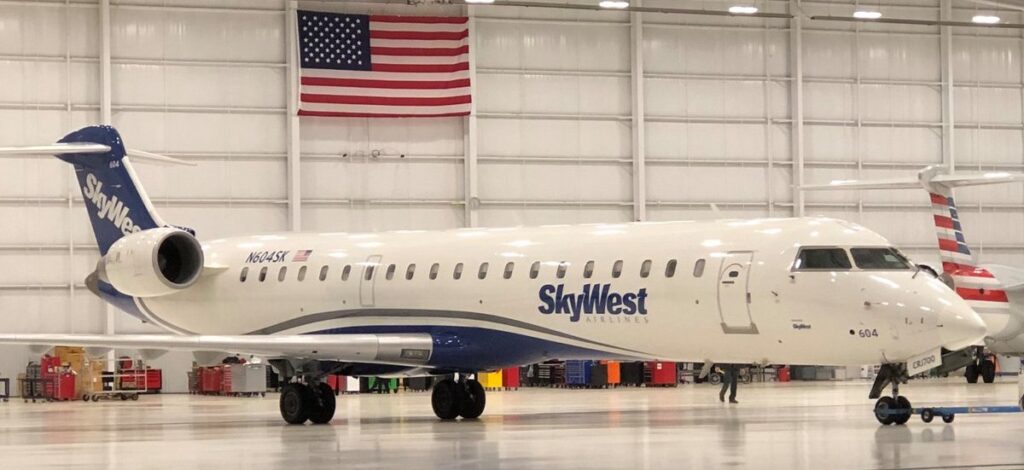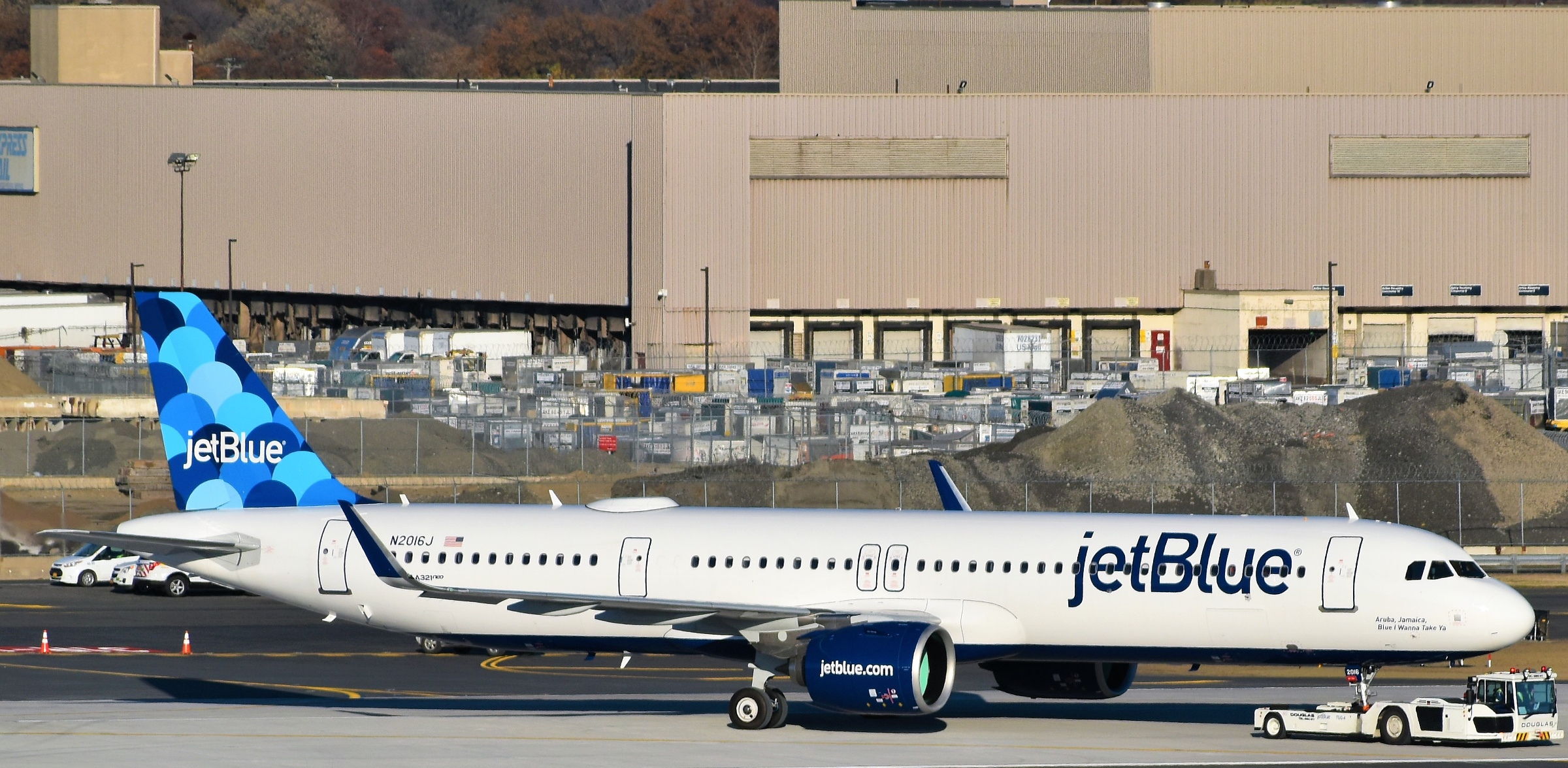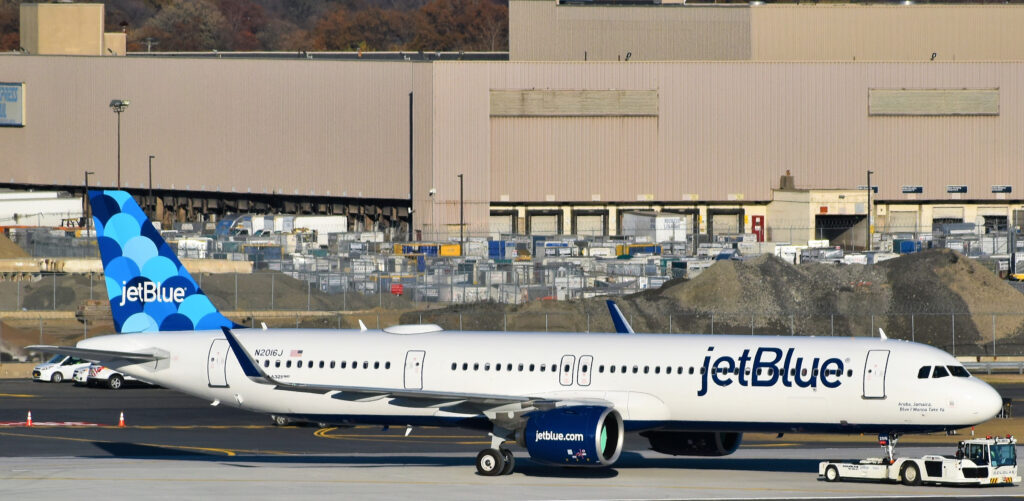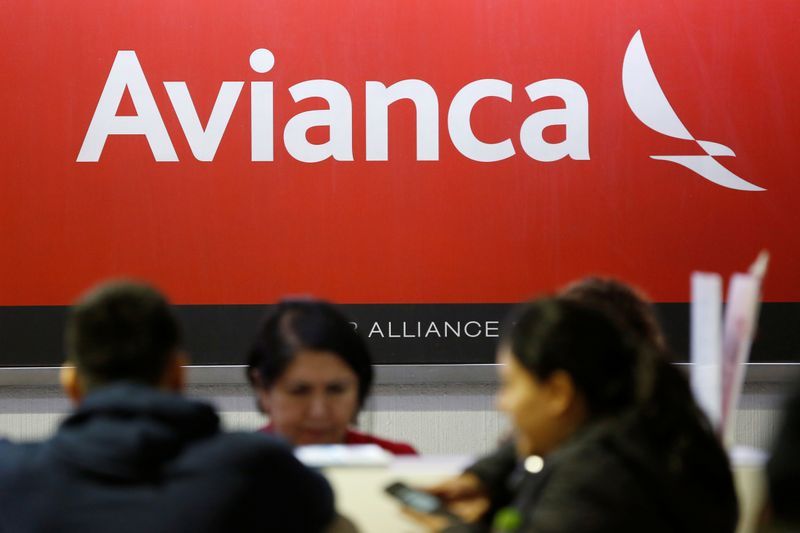Milan, Italy, February 14, 2023 – Ryanair Holdings PLC (Dublin: RYA), Europe’s No.1 airline, today welcomes the judgments of the Milan Court of Appeal conclusively rejecting Lastminute and Viaggiare’s claims that Ryanair’s exclusive online distribution model constitutes an abuse of a dominant position.
Ryanair has long campaigned to protect customers from price gouging by OTAs who continue to dupe unsuspecting consumers by unlawfully scraping Ryanair’s website, including by overcharging for air fares and ancillary services, using fake customer accounts, fake customer payment cards and fake customer emails. This can be hugely detrimental to customers who, apart from being overcharged, cannot access their Ryanair bookings, make the necessary security declarations, access refunds, or receive direct email communications (such as online check-in reminders) from Ryanair. This historical and precedent-setting Court ruling is a major step forward in protecting unsuspecting consumers from being overcharged by OTAs, and will help to ensure that Ryanair customers always get the lowest fares, the best customer service, and real time email communications.
Ryanair has recently concluded pro-consumer deals with the OTAs Love Holidays and Kiwi so that they can market our flights to their customers, without hidden mark-ups and with full transparency for passengers to protect them against overcharging.
Forward-Looking Statements
This press release may contains forward-looking statements within the meaning of the Private Securities Litigation Reform Act of 1995, including expected delivery dates. Such statements are based on current expectations and projections about our future results, prospects and opportunities and are not guarantees of future performance. Such statements will not be updated unless required by law. Actual results and performance may differ materially from those expressed or forecasted in forward-looking statements due to a number of factors, including those discussed in our filings with the Securities and Exchange Commission.
